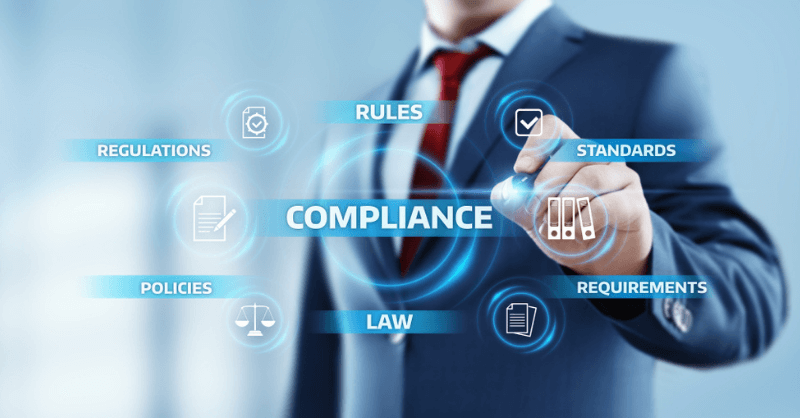Regulatory Compliance: Business Stability Blueprint


![]() 12 minutes
12 minutes

8296 Viewers


![]() 12 minutes
12 minutes

8296 Viewers
Upgrade to get UNLIMITED ACCESS to ALL COURSES for only £49/year
Claim Offer & UpgradeMembership renews after 12 months. You can cancel anytime from your account.